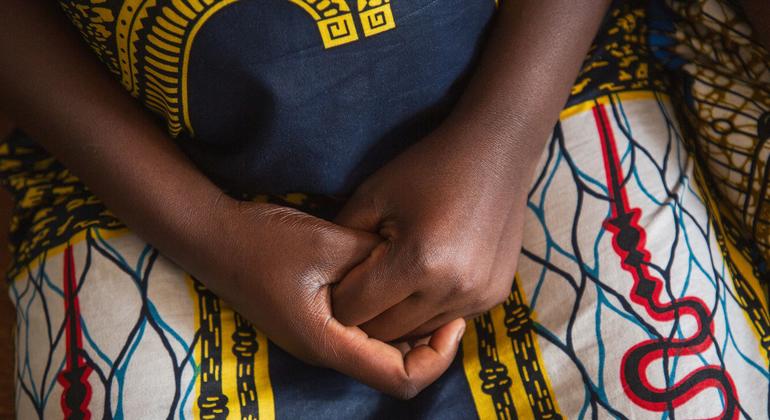‘Turning the tide’ on violence in children


Among the commitments, nine countries committed to banning corporal punishment – a chronic problem that affects three in five children at home.
“Although highly preventable, violence remains a terrible daily reality for millions of children around the world. – leave scars that last for generations,” Tedros Adhanom Ghebreyesus, World Health Organization (WHO) General Director.
“Today, countries have made important commitments that, once enacted, can ultimately prevent violence among children,” he added.
One billion children are affected
It is estimated that more than half of children between the ages of 2 and 17 worldwide – about one billion – are subjected to some form of violence, such as child abuse (including corporal punishment, other forms of violence). most common in children), physical or emotional abuse and sexual violence.
About 3 in 5 children are regularly physically punished at home, and One in five girls and one in seven boys experience sexual violence.
For some children, violence leads to death or serious injury. Every 13 minutes, a child or young person dies from homicide – equivalent to about 40,000 preventable deaths each year. Furthermore, violence, often involving guns or other weapons, is now the leading cause of death among teenage boys.
For others, experiencing violence is devastating and lifelong consequences. These include anxiety and depression, risky behaviors such as unsafe sex, smoking and substance abuse, and decreased academic performance.
Violence against children is also often hidden, with WHO it is estimated that less than half of affected children tell anyone that they have experienced violence and less than 10 percent received any help.
Prevention strategies are issued
At the Bogotá conference, countries committed to a range of evidence-based strategies to prevent violence among children.
Key measures include expanding parenting support programs to encourage positive, nonviolent discipline. School-based programs that target bullying and enhance social skills also play an important role in promoting safer learning spaces.
In addition, governments are committed Improve child-friendly health and social services to support young survivorswhile new digital safety initiatives aim to protect children from online exploitation.
Research shows that implementing these strategies can reduce violence against children by 20 to 50 percent, underscoring the importance of these new commitments in addressing violence among children.




